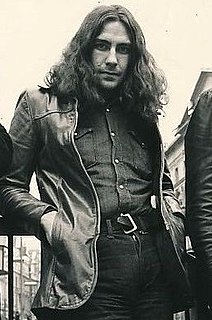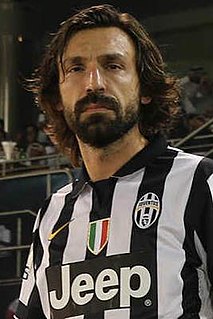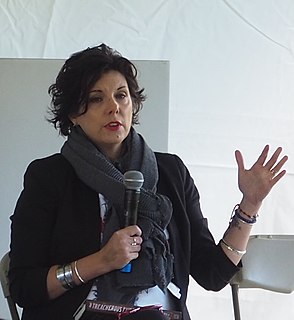A Quote by Bill Ward
One of the things I loved about Black Sabbath was, when we were on the road, there were times we had been on the road for so long and we were tired and we were exhausted. We would show up at gigs and we were so tired that we would be fast asleep in the dressing room. Our road manager would come in and say, '20 minutes, guys.'
Related Quotes
At the beginning of the Larry Sanders show, you know, we were grateful to get guests. At the end, it was as if we actually were The Tonight Show. People would come on, and it had the same sort of imprimatur as if we were on the air. I've been on a lot of talk shows during that time and since then, and people would come up in the dressing room or in the corridors and say, "You guys got it exactly right." Or they would say, "We have Larry Sanders moments every day."
I do remember, one time, a man came to me after the students began to work in Mississippi and he said the white people were getting tired and they were getting tense and anything might happen. Well, I asked him "how long he thinks we had been getting tired"? I have been tired for 46 years and my parents was tired before me and their parents were tired, and I have always wanted to do something that would help some of the things I would see going on among Negroes that I didn't like and I don't like now.
Is It Unloving to Speak of Hell? If you were giving some friends directions to Denver and you knew that one road led there but a second road ended at a sharp cliff around a blind corner, would you talk only about the safe road? No. You would tell them about both, especially if you knew that the road to destruction was wider and more traveled. In fact, it would be terribly unloving not to warn them about that other road.
Now then, if we were to go the lowest road and plaster my face on the bottle of oil and vinegar dressing just to line our pockets, it would sink. But to go the low road to get to the high road- shameless exploitation for charity, for the common good- now that's an idea worth the hustle, a reciprocal trade agreement.
My pacifism came after I joined the army and was shipped over to Korea. There was a little one-room orphanage there called Song-do. There were 180 babies in there, and they were GI babies. The U.S. government would not acknowledge this, and the Korean government had nothing to do with them. They were living on a 100-pound bag of rice a month. Some of those kids, when they were old enough, would go out and shine shoes. They would show up at the gate of our compound to shine shoes, and you'd swear they were looking for their fathers.
If you say, "Would there were no wine" because of the drunkards, then you must say, going on by degrees, "Would there were no steel," because of the murderers, "Would there were no night," because of the thieves, "Would there were no light," because of the informers, and "Would there were no women," because of adultery.
People who are close to me know, they so know that there were days when I was so tired that I would fall asleep anywhere. The onset photographer has pictures of me falling asleep everywhere. Like on chairs, on the floor, in the middle of a set, all curled up. There were times when crew members didn't know where to find me, but they knew I'd be curled up in a ball somewhere.
Along this road, we won't stop moving forward Not even if we become separated from one another. For us, most of all, there was never a time, never a place where you could just stand still But even so, if there were times when we were afraid, when we'd look back on it all and wonder We'd just say that is was our destiny, wouldn't we? So we started off, all walking down the same road
The story of our band is that we were this relentless touring band in those early years. We were leaving day jobs and going off on the road and having fun and seeing the country for the first time. We were playing Chinese restaurants and basements and record stores and houses. We were crashing on floors and it was all new and exciting. It was like a vacation. It didn't feel like work. I couldn't wait to go on tour back then. I would be sitting at my day job or my apartment, just itching to go. There were so many adventures that were about to happen.
When the wind is right and the cloud is gone, you can see down this road as far as Darjeeling," I told her. "But it is a long and difficult road, full of perils, and if a traveller on foot were to look at the length of it, his spirit would be overcome and he would sit down and refuse to go any further. You must not look to the end of the road, Portia. Look only to the step in front of you. That you can do. Just one step. And you will not make the journey alone.
Go back to the Bible, the Old Testament. I mean there were people who we would call intelectuals, there, they were called prophets, but they were basically intelectuals: they were people who were doing critical, geopolitical analysis, talking about the decisions of the king were going to lead to destruction; condemning inmorality, calling for justice for widows and orphans. What we would call dissident intelectuals. Were they nicely treated? No, they were driven into the desert, they were imprisoned, they were denounced. They were intelectuals who conformed.




































